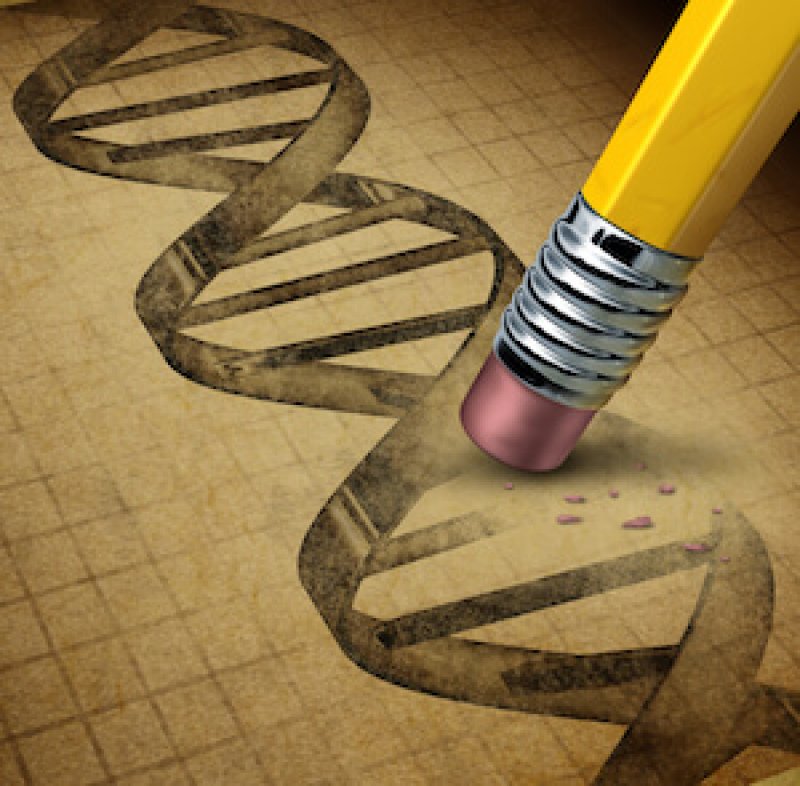The GLP aggregated and excerpted this blog/article to reflect the diversity of news, opinion and analysis.
Scientists in London have asked for permission to edit the genomes of human embryos — a request that could lead to the world’s first approval of such research by a national regulatory body.
Kathy Niakan, a researcher affiliated with the Francis Crick Institute, London’s new £700-million (US$1.1-billion) biomedical-research centre, said on September 18 that she is proposing to use gene editing to provide “fundamental insights into early human development”. In a statement released through the Crick, Niakan said that her team wanted to use technology based on the CRISPR/Cas9 system — a recently developed technique for precisely editing genomes that has become hugely popular in the biology community.
In April, Nature revealed that a Chinese team had, for the first time, reported using the CRISPR/Cas9 technique to edit the genomes of human embryos. The work, led by Junjiu Huang, a gene-function researcher at Sun Yat-sen University in Guangzhou, involved attempts to modify the gene underlying the blood disorder β-thalassaemia. The research used non-viable embryos that could not result in a live birth, but nonetheless caused huge controversy.
Robin Lovell-Badge, a developmental biologist at the Francis Crick Institute, emphasized to Nature that whereas Huang and colleague’s paper explored the correction of a genetic defect that would lead to disease, Niakan’s work proposes asking more basic questions about human-embryo development. “Kathy has no intention of making changes to the genome for clinical application,” he says.
Read full, original post: UK scientists apply for license to edit genes in human embryos































